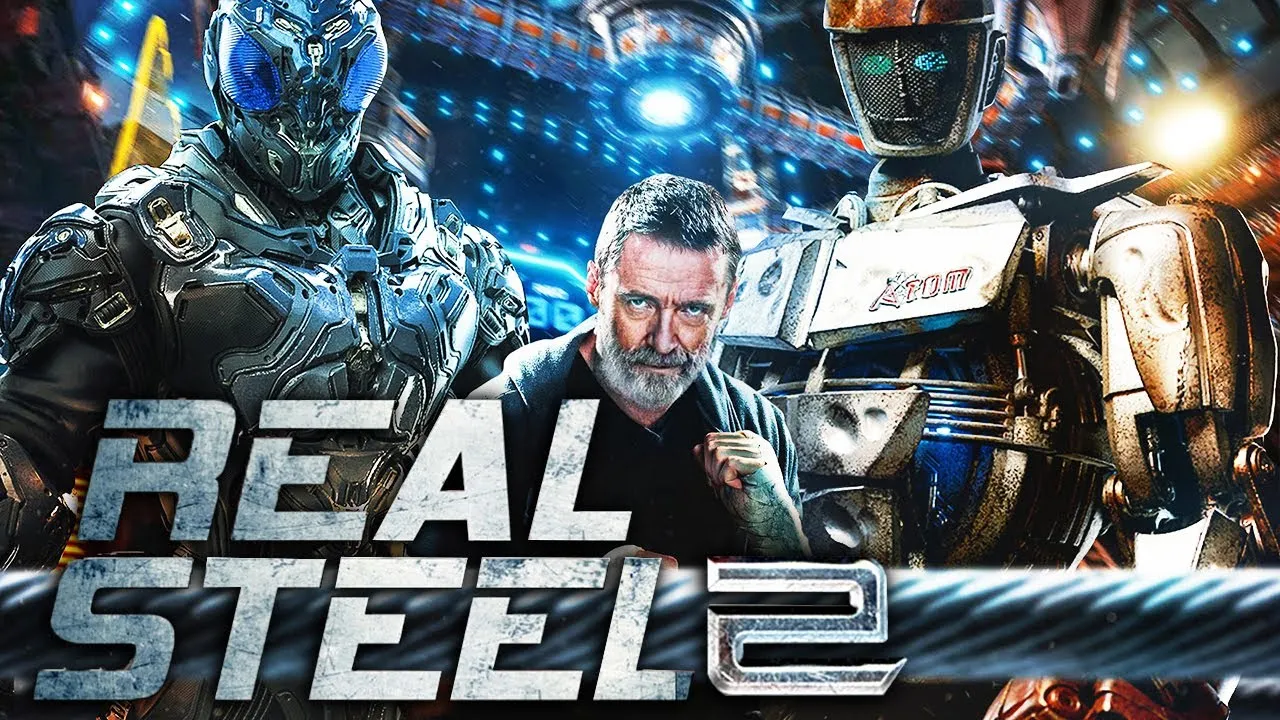He conquered the world—but lost himself in the silence between gods and men.
Alexander 2 (2025) is a sweeping, thunderous return to the ancient world—a continuation of Oliver Stone’s 2004 epic that shifts its lens inward, exploring the psychological decay and political chaos that followed the great conqueror’s rise. Directed by Denis Villeneuve, this sequel trades initial glory for imperial rot, focusing on legacy, betrayal, and the cost of being a god among mortals.

The film picks up in 324 BCE, just after Alexander (Timothée Chalamet, taking over the role) has conquered the Persian Empire. His armies now stretch from the Aegean to the Indus, but unity is an illusion. Haunted by the ghost of Hephaestion and mistrusted by his generals, Alexander pushes further into Babylon—not for land, but for immortality. Obsessed with creating a hybrid empire of Greeks and Asians, he institutes radical reforms, sparking riots, paranoia, and assassination plots.
As tensions mount, three narratives intertwine: Ptolemy (Oscar Isaac), who sees Alexander as a divine prophet; Cassander (Paul Mescal), who views him as a mad tyrant; and Roxana (Golshifteh Farahani), who fears both what he is—and what comes after him. Through them, we witness the splintering of loyalty, identity, and the very idea of "empire."

Visually, Alexander 2 is staggering. Villeneuve frames the deserts and palaces of Mesopotamia with reverence and dread—dust storms, blood-soaked coronations, moonlit conspiracies. Hans Zimmer’s score merges ancient instrumentation with brooding synths, mirroring Alexander’s collapse into near-mythical madness.
This is not a film about conquest—it is a film about erosion: of trust, of belief, and of self. Alexander 2 dares to ask whether greatness is a gift… or a curse passed down in blood.



-1751333253-q80.webp)